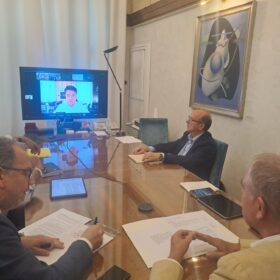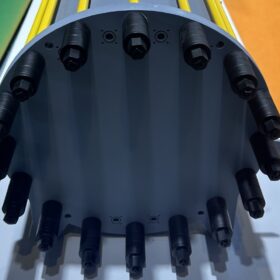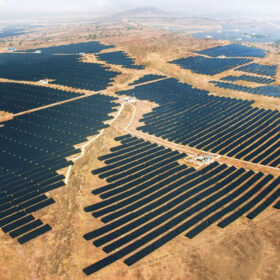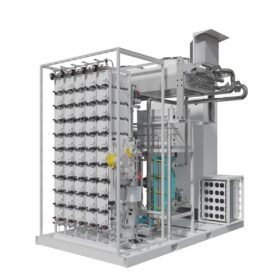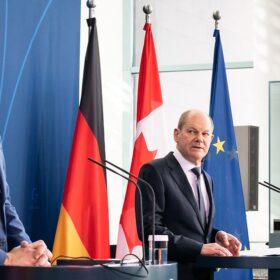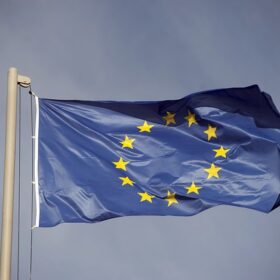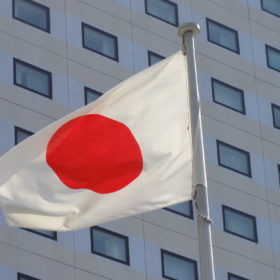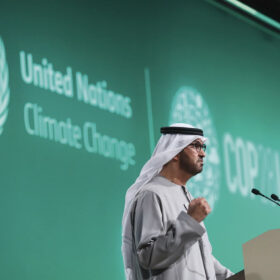Bee Solar, Huasun sign MoU to develop gigawatt-scale European supply chain
The Italian company and Huasun Energy are teaming up to produce wafers, cells and modules for the European market, with the aim to be the most cost-competitive in Europe. The two companies are working to start production in 2026.
The Hydrogen Stream: New way to make hydrogen, fertilizer from ammonia
German researchers have developed a new way to liberate hydrogen from ammonia, while a new MIT study shows the need for stringent emissions regulations on ammonia combustion for maritime mobility.
The Hydrogen Stream: Poland unveils hydrogen strategy
The Polish government has outlined its main objectives for the development of hydrogen, while Tyczka Hydrogen says a damaged compressor from Maximator Hydrogen caused a recent incident at one of its filling stations in Germany.
India, Australia sign deal to secure supply chains
Economic cooperation between India and Australia may open doors for investment in clean energy technology, but challenges still abound in a competitive global market. Vibhuti Garg and Shantanu Srivastava, of the Institute for Energy Economics and Financial Analysis (IEEFA), discuss the role that public funding and resource pooling could play in supporting manufacturing ambitions.
SEG Solar signs land deal to make solar cells, wafers, modules in Indonesia
SEG Solar has secured a land-use agreement for a solar-focused manufacturing site in an industrial zone on the Indonesian island of Java. The $500 million plan will involve the production of 5 GW of silicon wafers, 5 GW of solar cells, and 5 GW of PV modules.
The Hydrogen Stream: Enapter secures 3 MW electrolyzer order
Enapter has secured four new orders for its AEM Nexus 1000 megawatt-class electrolyzer, while Fraunhofer IWU says it has started working on electron beam welding technology to overcome the speed limitations of laser beam scanner welding.
The Hydrogen Stream: Germany’s hydrogen strategy takes shape
Germany made progress with its hydrogen strategy, while Australia announced plans for a hydrogen feasibility study.
The Hydrogen Stream: EU auction attracts 132 bids for 8.5 GW electrolyzer capacity
The European Hydrogen Bank’s pilot auction has drawn 132 bids, exceeding the available budget, while Australia has finalized an agreement to build a hydrogen hub.
The Hydrogen Stream: Japan expands ties with Germany, South Africa
The Japan Organization for Metals and Energy Security (Jogmec) and Germany’s H2Global Foundation have agreed to cooperate on clean hydrogen, while officials from Japan and South Africa met this week to discuss hydrogen collaboration opportunities.
Weekend Read. COP: A solar flop?
Tripling clean energy generation capacity to 11 TW by 2030 was a leading pledge from the United Nations’ (UN) climate change conference in Dubai. With few details about infrastructure and energy storage and no clear PV targets, however, it is hard to judge the effectiveness of the 28th global Conference of the Parties (COP) meeting. Angela Skujins considers possible impacts for the solar industry.
